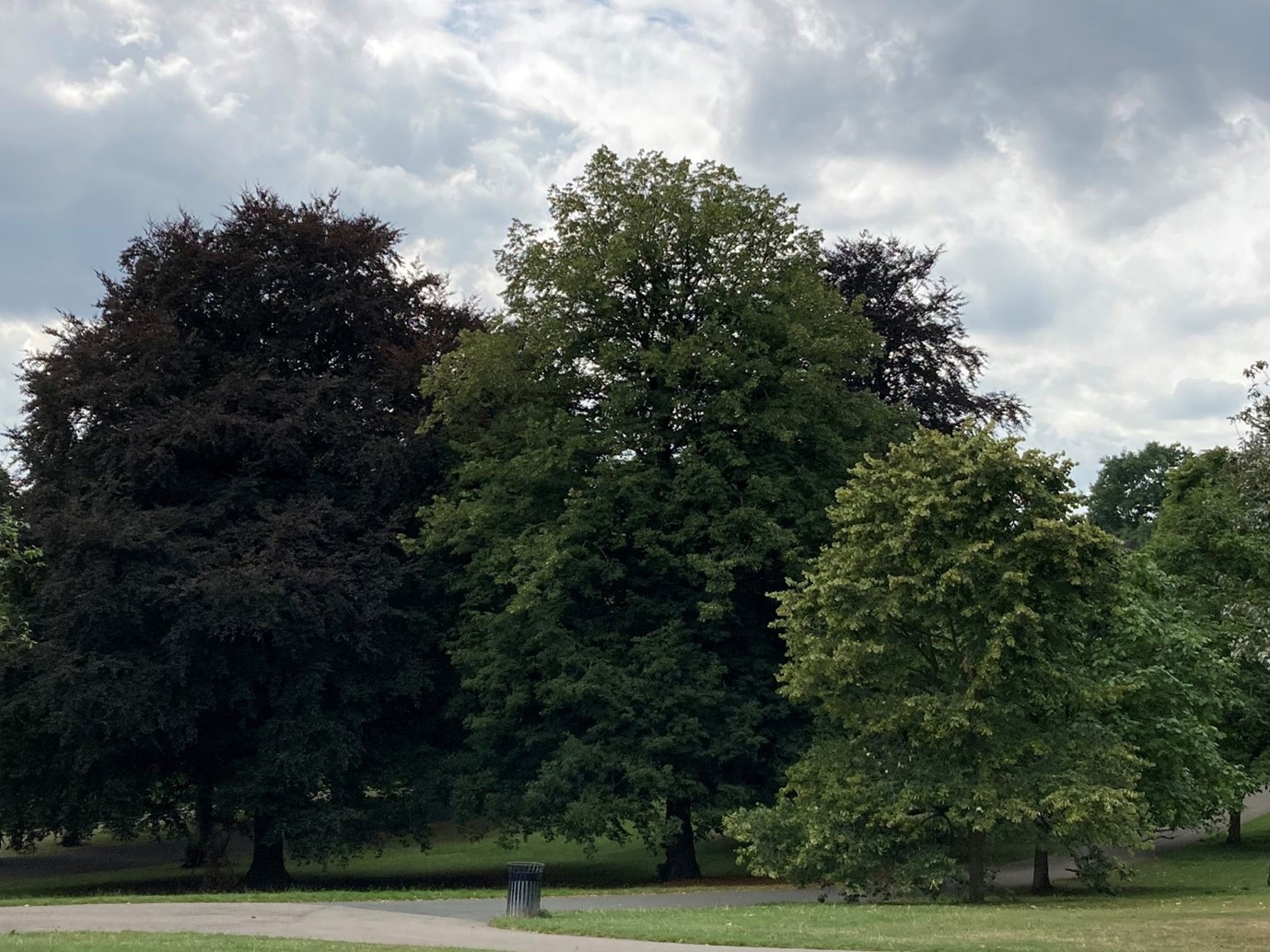Embarking on a peer research approach
Table of contents
Presence and potential of peer and community researchers
Naeema Hann, Emeritus Reader, Leeds Beckett University
At Leeds Beckett University we are working on an English for Speakers of Other Languages (ESOL) project with Migration Yorkshire to develop a toolkit for placing those new to English in suitable provision. As part of this project we had the opportunity to work with colleagues with first-hand experience of migration and starting life in a new country. This has enriched the project and us as a project team in our understanding of how important that initial contact is and how to make the most of it. We met the team of community researchers online as a group to explore what initial assessment and placement meant to new arrivals and possibilities for improving the experience. After sessions on ethics awareness, one of the researchers joined our project team to increase access to learner communities. It has been a privilege to work with Jack Liuta, a Peer Researcher with Migration Yorkshire, and to learn about experiences of arrival and first contact.

Photo credit: Naeema Hann
More recently, I was out for a walk in Roundhay Park in Leeds. The tall, leafy old trees and rolling green spaces reminded me of how old Leeds is and how welcoming it is of new people and ideas. The trees in the picture are green and thick with leaves, even late in autumn. The tree on the right reminded me of our community researcher colleagues, branches touching the trees around them, stretching to the sky and also touching the ground where all the roots are. Community researchers are connected to cultural, professional and social communities around them and have a direct and tactile connection with the groups we are researching. This makes them invaluable members of research teams and allows us a depth of understanding which would otherwise be missing.
Some reflections on working with peer researchers in qualitative projects
Working with peer researchers is an invaluable experience. Their presence and input informs the texture and authenticity of the project and the earlier they are involved in the project, the better. Their mere presence at project meetings brings the research to life and discourages approaching the project in an abstract manner. In terms of their role and contribution at each stage of a project:
- At the project design stage, they can add to our understanding of the context, expand the list of participants and help to ask useful research questions. Their insider knowledge can also make research tools more context sensitive. Peer researchers often have first-hand experience of issues being researched and are likely to have insider knowledge of participants’ communities. This helps with the wording of questions and items in questionnaires for example or with choosing participatory tools such as drawing future selves.
- When gathering data, their contacts and position of trust within their communities helps to reach more and the right type of participants and therefore, better focused data.
- Their contribution to data analysis falls into two areas: their input is useful in interpreting data, for example the context of the respondents. Their skills in data analysis will depend on their previous experience of research and familiarity with relevant debates and literature.
- When developing outputs, especially practical tools, their nuanced understanding of user contexts helps design effective tools.
- When disseminating and sharing project outputs, again, peer researchers’ position of trust among the beneficiaries can lead to good buy in and authentic responses to any evaluation.
For successful integration of peer researchers into a project, it is important that they:
- join a project right at the beginning, almost at the bidding stage
- can access ongoing research training and mentoring
- have a solid understanding of research ethics
- develop skills in using research tools before being asked to collect data
- have access to generic literature about research.
Peer researchers enrich enquiry through their first hand understanding of the issues being researched and participant communities and are valuable members of research teams.
